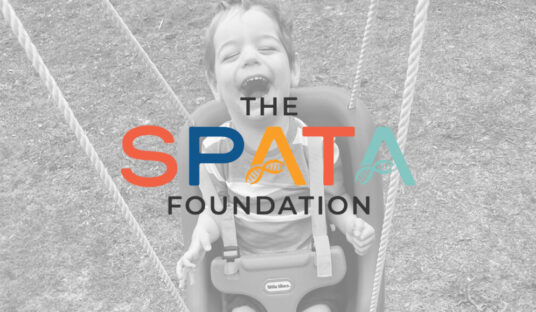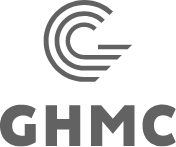
For the past 77 years, the World Health Organization (WHO) has been at the forefront of protecting the health and well-being of people globally. Although the world has dramatically changed since the founding of the WHO in 1948 by the United Nations, its mission of connecting nations, partners, and people to promote health and serve the vulnerable has remained largely the same. Despite a changing world, its mission endures, driving achievements like eradicating smallpox, nearly eliminating polio, combating HIV/AIDS and malaria, and leading the global COVID-19 response.
While not a perfect institution, the WHO plays a vital role in protecting the health and security of the world’s people, including Americans. With the Trump Administration’s announcement to withdraw the United States from the WHO, the impact on global public health will be far reaching, leaving the health of the world in an uncertain place. It will now be up to the government to find alternative ways to provide the American people with the tools, information and expertise they deserve when it comes to public health.
But what is known is that viruses do not need passports, they do not respect country borders. It is crucial that we, as a country, remember that we are just as susceptible to disease as the rest of the world.
Although the full impact of withdrawing from the WHO is not fully understood, there are a few immediate implications.
Disrupting Global Health Funding
The US is the largest financial donor to the WHO, contributing more than $1 billion from 2022 to 2023. These funds are used to support global efforts around childhood immunization, tuberculosis and HIV/AIDS treatment and prevention, while also ensuring readiness and supporting response efforts to public health issues, including the ongoing monkey pox and bird flu outbreaks. Without this funding, the WHO’s ability to address health crises and maintain progress in global health could be severely weakened.
Losing Access to Global Data and Collaboration
Through the WHO, researchers and public health experts, including the U.S. Centers for Disease Control and Prevention (CDC), can quickly collaborate, sharing information on pathogens, disease preparedness and emerging threats to public health.
If the U.S. withdraws, it risks losing access to vital global health databases and partnerships. For example, tracking flu strains to develop vaccines or identifying emerging pathogens could become more challenging, leaving us vulnerable to global health threats.
Weakening U.S. Leadership in Global Health
As a founding member of the WHO and an influential voice in the World Health Assembly, the U.S. has been a leader in global public health and policy. U.S. programs help to bring clean water, food and vaccines to children around the world, in turn forging valuable relationships with countries that otherwise may be out of reach.
Stepping back from the WHO could reduce the U.S.’s influence, creating a leadership gap that countries like China or Russia may fill.
Impacting the Pharmaceutical Industry
The U.S. is a major player in pharmaceutical research and development, and much of this research is done in partnership with global institutions, including the WHO. A withdrawal could affect industry collaboration opportunities, slowing the development of new treatments and vaccines, especially in areas where the U.S. is leading innovation. With the U.S. being a leader in health standards, withdrawal from the WHO could mean a decrease in the health standards we expect today.
In our ever-globalized world, we must remember to look and act outward, to consider the health and well-being of all the world’s people. For all its imperfections, the WHO is an essential organization dedicated to protecting the health of people regardless of race, nationality, income or geography. Whether the U.S. will, in fact, withdraw from the WHO remains to be seen, especially as this administration shows signs of going back on their decision.
Spectrum Science is committed to providing our clients with a global perspective, no matter the status of U.S. WHO involvement, through our expansive global network with GHMC. To learn more, reach out to us.
Perspectives

Spectrum Science
A Page by Page Summer Reading Challenge

Spectrum Science
Prioritizing Your Mental Elf in 2024

Spectrum Science
Spectrum Leaders Give 2024 Predictions for MM+M

Spectrum Science
Spectrum Science Acquires Continuum Clinical, Amplifying Patient Recruitment Capabilities





